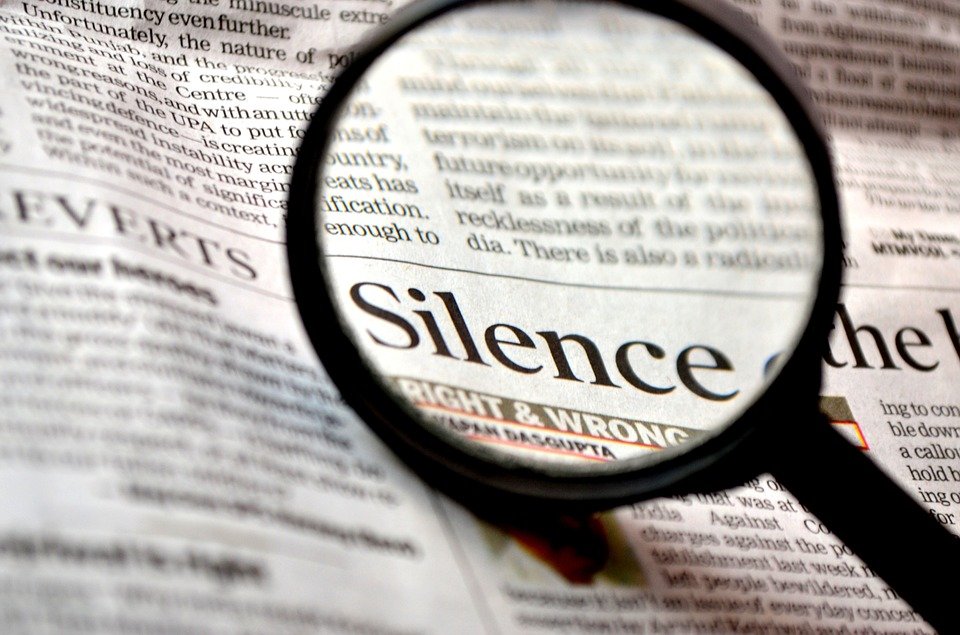
General situation
As South Sudan awaits its first general elections, scheduled for December 2024, the government persistently suppresses journalists, activists and ordinary citizens expressing dissent through intimidation, surveillance, threats and violence. This threatens the democratic and civic space, according to a UN report. The report, entitled “Entrenched Repression,” underscores that these actions hinder the free exchange of ideas crucial for credible elections, potentially undermining their legitimacy and causing a climate of fear and censorship. The report emphasises numerous instances of state-sponsored human rights violations, including through the invasive surveillance of civil society activities and journalists by the National Security Service (NSS).
A delegation from the UN Commission on Human Rights in South Sudan (CHRSS), led by Chairperson Yasmin Sooka, is visiting South Sudan from February 12th to 16th, 2024. During their visit, the CHRSS aims to engage with government officials, civil society and survivors of human rights violations to assess the human rights situation. In early March, they will present their findings, which underscore the need to advance human rights in South Sudan, to the UN Human Rights Council in Geneva.
Association
On 5th October 2023, Biar Ajak Marol, Executive Director of Junubin Chronicles, a youth-led NGO that addresses societal issues through edutainment (education and entertainment), disappeared in Juba under mysterious circumstances. Witnesses, speaking anonymously, reported Biar's abduction by operatives from the NSS. Jacob Bil Kur, his co-founder, arranged a press conference with Sudan’s Post to garner public support in finding Biar, but authorities abruptly halted it. Seven youth activists linked to his organisation were detained in connection with his disappearance. On 31st January 2024, their lawyer confirmed the release of four activists on bail.
Expression
On 21st January 2024, the South Sudan government acknowledged its removal of news articles it deems "hateful." While some view the government's actions as necessary for curbing potentially incendiary content, others, including international observers and media rights advocates, express concerns about the suppression of free speech. They emphasise the effect on blocking access to critical information and stifling public debate.